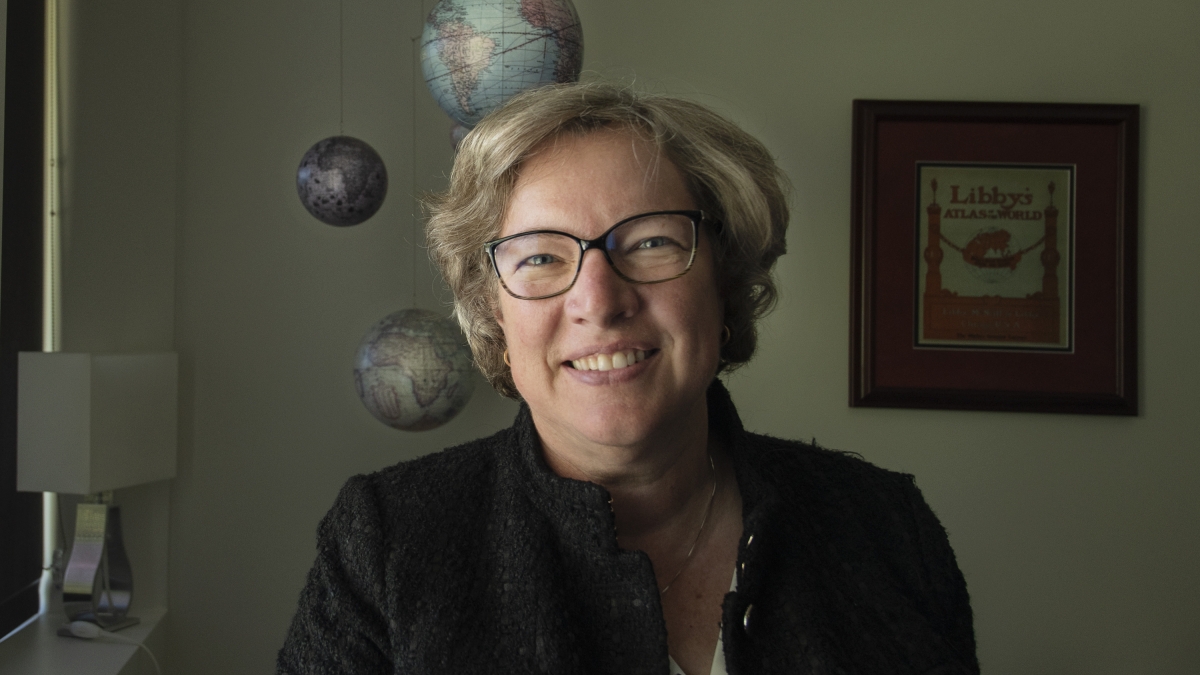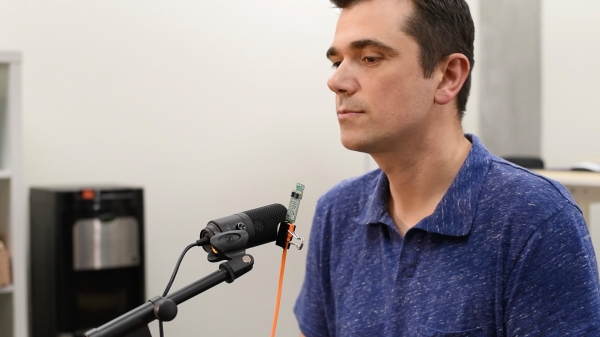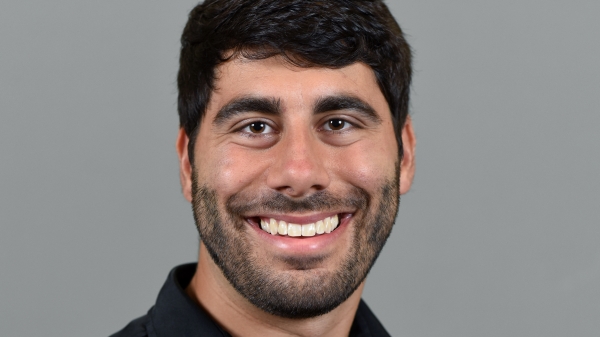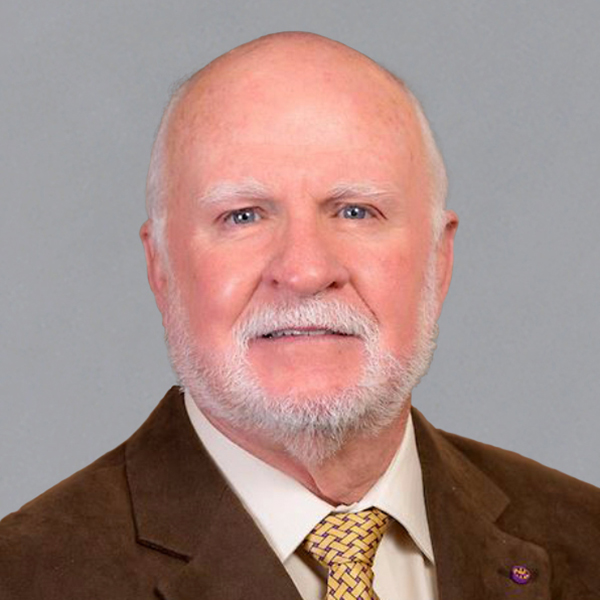ASU scholars honored with lifetime titles as American Association of Geographers fellows

Dean of social sciences at The College, Elizabeth Wentz has pioneered the use of geographical information systems, remote sensing and space-time analysis to decipher urban environments and our place within them.
Whether it’s finding ways to make cities more livable, or studying how human activity impacts the natural world, geographic research at Arizona State University explores nearly every aspect of our lives.
Next spring, the contributions of two scholars at The College of Liberal Arts and Sciences will be recognized with an induction into the American Association of Geographers (AAG) fellows.
The AAG announced 18 new fellows for its 2020 cohort in November, including Elizabeth Wentz, dean of social sciences at The College, and Billie Lee Turner, a Regents Professor and Gilbert F. White Professor of Environment and Society in The College’s School of Geographical Sciences and Urban Planning. They are joined by Anne Chin, a doctoral alumna of the School of Geographical Sciences and Urban Planning who is now a geography and environmental sciences professor at the University of Colorado, Denver.
Established in 2018, the fellows program recognizes a handful of outstanding geography professionals from a pool of thousands of AAG members each year. Fellows are chosen for making significant advancements to the field through research, teaching and development and become lifetime appointees of the association’s advisory board.
Technology as a building block
From understanding river hydrology and climate change to mapping urban heat islands, technology has a broad impact on today’s geographical research.
That’s a notion Wentz, also a professor in the School of Geographical Sciences and Urban Planning, has pioneered throughout her career. Her research develops and uses tools like geographical information systems, remote sensing and space-time analysis to decipher urban environments and our place within them. She also tracks the design of new technologies and mentors graduate students through their own geographical research.
“Geography is inherently interdisciplinary; it includes research on things from hydrology, climate and weather to human and social conditions,” she said. “Much of my work is technology-focused, but we are trained from very early on to be broad in our thinking. Rather than just teaching the software, I ask students to consider the larger goal that software is supporting.”
Thinking of the big picture is what led to Wentz’s latest project at ASU in 2018. Now a year old, the Knowledge Exchange for Resilience is a multipronged initiative that uses data-sharing and mapping tools to understand social systems and build resilience in Maricopa County.
In addition to her work at the university, Wentz has advanced the field of geography nationwide, serving on the AAG National Council and as the former president of the University Consortium of Geographical Information Science, among others.
Robin Leichenko, who serves as chair of the Department of Geography at Rutgers University and nominated Wentz for the AAG award, said Wentz stands out for her commitment to students and the field at large.
“Libby was an obvious candidate because of her path-breaking contributions to GIS and remote sensor research, as well as her long track record in teaching and mentoring,” Leichenko said. “But what really distinguishes her is her leadership role in the discipline itself; I see her as someone who is taking on initiatives that are helping to increase the visibility of this field and the impact it has on the world.”
Patrick Kenney, dean of The College, said the leadership of both scholars expands across ASU.
“Elizabeth Wentz and Billie Lee Turner are strong academic leaders whose dedication to advancing the field of geography is evident in both research and as guiding forces to a new generation of scientists in the classroom,” he said. “We at The College see this award as a reflection of their efforts.”
The human-environment connection
Like Wentz, Turner’s geographic research has also spanned scientific fields. His work melds environmental-human science with geography to track how human activity like farming and industry have changed the environment from prehistoric times to the modern-day.
His projects have included explorations into ancient Maya agriculture, combining remote sensing technology, spatial science and human-environmental science to confront sustainability issues and helping cities battle extreme temperatures through urban planning.
Billie Lee Turner II
He has served on the AAG National Council and Education Board of Annals. Prior to becoming a fellow, he received a Distinguished Research Honors and Presidential Lifetime Achievement Award.
“Geography has a long tradition of human-environmental science, I believe I am one spokesperson for this science having made contributions from prehistory to current sustainability,” he said. “I see the fellow award as a culmination of my ties to the geographical sciences.”
Turner said The College is now home to one of the strongest geography programs for graduate students in the country, which will only grow as the field continues to meld with urban planning. For Trisalyn Nelson, director of the School of Geographical Sciences and Urban Planning, having ASU represented among the AAG’s 2020 fellows serves as a testament to that strength.
“Billie Turner and Elizabeth Wentz have had an outstanding impact in the field of geography, and continue to be wonderful champions for both the discipline and our school,” Nelson said. “It is great to see both faculty and alumni like Anne Chin being recognized at the national level. It is a testament to the strength of our school, but also the amazing work and contributions of those associated with our program.”
More Science and technology

PhD grad’s work integrates science, technology and society to promote sustainable living
Editor’s note: This story is part of a series of profiles of notable spring 2024 graduates. Technology is changing the world in…

ASU researchers develop special microphone to verify human speech
Deepfakes have become a large societal concern with the advent of video and audio content generated by artificial intelligence,…

Leading students toward a future of renewable energy
Nicholas Rolston, assistant professor in the School of Electrical, Computer and Energy Engineering, one of the Ira A. Fulton…
